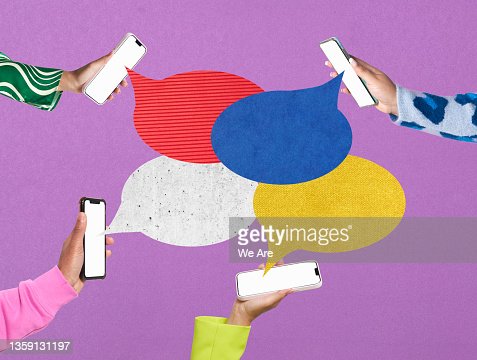The Sidelines: the influences that social media has on sports

More stories from Olivia Oorbeck
Over the past few decades, social media has had a large influence on the lives of people. In fact, the negative effects of social media can outway the positive effects on lives regularly. One place you can see the negative effects social media can have on lives is in the sports world. Athletes and teams have an enormous influence on individuals’ lives. Athletes are idolized regularly. One of the ways social media is influential is by promoting professional and amateur athletes, even when they are displaying negative behaviors.
Professional and collegiate athletes are looked up to and often glorified despite their behaviors. There are pressures that are applied to these athletes to be great role models and to be perfect in every aspect of life, whether that be the sport they are playing or their everyday lives. Over time, these pressures tend to take a toll on one’s life and can lead to many irrational decisions. An example of an athlete in particular that struggled with this was Michael Phelps. After being arrested and charged with a speeding violation and a DUI (driving under the influence), much of the world judged and criticized Phelps. However, people tend to forget that these individuals are human. For Phelps, his life was flipped upside down. He almost lost everything and even lost the will to live at times. Even though these are mistakes that one can make, we must remember that is all they are: mistakes. We all make mistakes because we are not perfect, but to hold individuals who are well-known to godly standards is unrealistic, and almost cruel, due to the fact that they can struggle at times like the rest of us can.
Not only can social media impact the athletes, but it can also impact the sport and society around it. In many cases, social media has allowed the spread of many different types of sports rather than just the mainstream ones. This is not only letting people get the recognition they deserve for the hard work that they have spent perfecting their sport but is also allowing for others to become intrigued or interested in it. However, with that comes the many downsides. For instance, due to the rapid growth of social media and the Internet, there has been a large increase in sports gambling. In a report from Grand View Research on the sports betting market size, share, and trends, it states that “[t]he global sports betting market accounted for USD 83.65 billion in 2022 and is expected to expand at a compound annual growth rate (CAGR) of 10.3% from 2023 to 2030.” Social media and the Internet are allowing for easier access to this type of betting. Even though some might not be affected by gambling, many can enter this downward spiral of addiction which can influence and change their entire worlds.
Although social media has allowed for many advancements in sports such as an increase in spectators, venues, and opportunities, there are still many negatives that can at times outweigh the positives. These negatives include the health, both mental and physical, of the athletes and spectators. Social media has taken away the joy of sports due to the fact that many are focused on the outcome rather than living in the moment and enjoying the ride. Sports are becoming something that many would have never thought would be possible, due to the little device that most hold in their hands: the smartphone.

Olivia Oorbeck is a senior on the FHC Sports Report. She is excited about entering her second and final year on the staff. This year, she received the...



